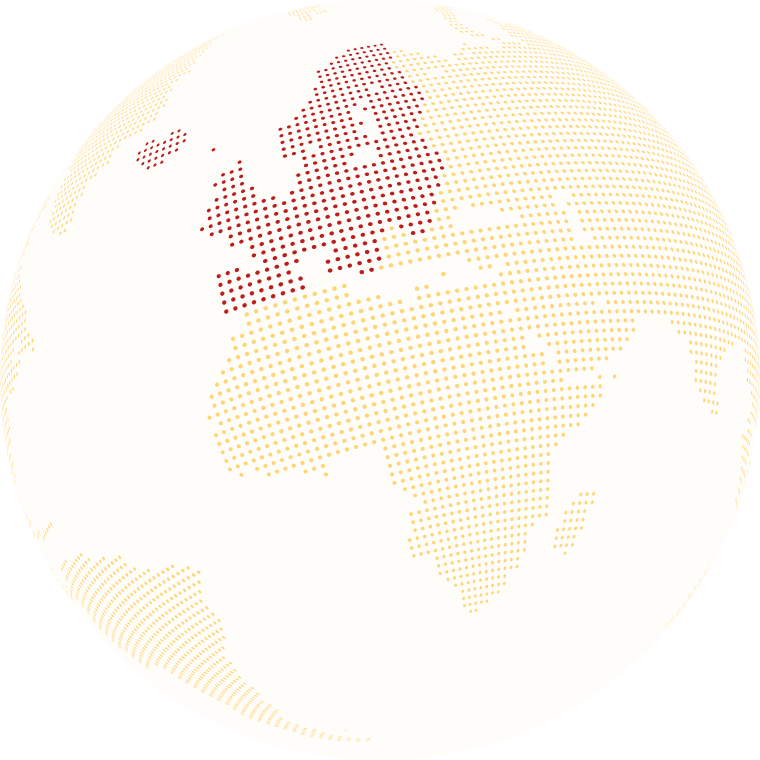The geographic and host ranges of vector-borne diseases are expanding, mostly due to anthropogenic factors. With rising temperatures and changing weather patterns, the risk of these diseases affecting increasingly large areas of the world will continue to rise, as reflected by the record number cases of dengue (including non-imported ones) and West Nile virus observed in Europe in 2022.
The ISIDORe consortium supports scientists with an interest in the causative agents and vectors of these fast-spreading diseases.
Researchers are invited to submit any proposal that:
- Can be advanced by access to at least one of our services,
- Falls under one of the following sections (see SCOPE), and
- Is focused on at least one eligible vector-borne pathogen (see below and full ISIDORe PPP list).
Services
A number of services dedicated to vector-borne diseases research (incl. vectors and mammalian hosts) are available in the following service categories:
- Analytical services
- Cell models
- In vivo models
- Support for diagnostic and therapeutic development
- Social sciences & epidemiology
Access to In vivo models will only be granted to applicants with projects demonstrating sufficient justification (including in vitro evidence and choice of model) for using animals for scientific purposes.
For access to Regulatory advice services, please select the Section closest to your countermeasure of interest.
Services such as Access to clinical samples and Access to clinical trials are not available for this call.
Please consult our full service offer here.
SCOPE
Your proposal must align with at least one of the Sections below:
Section 1: Surveillance & epidemic management
Section 2: Natural history of infectious diseases / Deciphering & understanding pathogens’ biology, host-pathogen interactions and host responses to infection
Section 3: Diagnostics
Section 4: Therapeutics
Section 5: Vaccines
Section 6: Social sciences & epidemiology
Section 7: Vector biology & vector control
ISIDORe PRIORITY PREPAREDNESS PATHOGENS & LIMITATIONS
Your proposal must focus on at least one of the following pathogens (to see the full list of ISIDORe PPPs, follow this link):
| ISIDORe PPPs | Comments and/or limitations |
| Rift valley fever virus | None |
| Zika virus | None |
| Chikungunya virus | None |
| West Nile virus | None |
| Dengue virus | Section 5 (Vaccines) is open for members of the Dengue virus species only for projects that address the antibody-dependent enhancement of infection phenomenon. In addition, projects focused on cross-serotype vaccines are strongly encouraged. All the other Sections are open without restrictions. |
| Japanese encephalitis virus | Due to the availability of a vaccine, Section 5 (Vaccines) is open for members of the Japanese encephalitis virus species only for projects focused on cross-protective vaccines (e.g., cross-Japanese encephalitis serogroup). All the other Sections are open without restrictions. |
| Yellow fever virus | Due to the availability of a vaccine, Section 5 (Vaccines) is open for members of the yellow fever virus species only for projects focused on cross-protective vaccines. All the other Sections are open without restrictions. |
| Tick-borne encephalitis virus | None |
| Plasmodium | Only Sections 2, 4, 5 & 7 (Pathogens’ biology, Therapeutics, Vaccines and Vector biology & vector control) are open for Plasmodium. Proposals aligned with Sections 4 or 5 must focus on improving (the efficacy and/or cost and/or safety of) either the treatment or prophylaxis of malaria. Proposals solely aligned with any other Section will not be evaluated. |
| B. burgdorferi | Only Sections 2, 3 & 7 (Pathogens’ biology, Diagnostics, and Vector biology & vector control) are open for B. burgdorferi. Proposals solely aligned with any other Section will not be evaluated. |
| Leishmania | Only Sections 2, 4 & 7 (Pathogens’ biology, Therapeutics, and Vector biology & vector control) are open for Leishmania. Proposals aligned with Section 4 must focus on improving the efficacy and/or cost and/or safety of leishmaniasis treatments. Proposals solely aligned with any other Section will not be evaluated. |
While CCHF virus is vector-borne, research focused on this pathogen is supported through the RG4 call for proposals.
Please note that while handled in BSL-4 environment in certain parts of the world, Rift valley fever virus is a Risk Group 3 pathogen in Europe and therefore requires BSL-3 capacities for research involving replication-competent virus.
SUBMISSION OF PRE-APPLICATION & FULL APPLICATION
To submit your pre application:
- Please make sure that you have read (and comply with) our scientific strategy and eligibility conditions
- Prepare your ORCID number. If you do not have one yet, please go to orcid.org to obtain your own in a few clicks
- Please make sure that your project aligns with ISIDORe PPPs and one of the research sections of interest
- Prepare a brief description of your request (500 characters max)
- Select the service you want to apply for from our catalogue
- Fill out and submit the ISIDORe pre-application form at the bottom of the catalogue page of interest. You will receive a notification with your ISIDORe project number as well as additional guidelines for the preparation of your full application.
For multi-services requests, we’ll be happy to help: please contact us
To submit your full application:
- Follow the guidelines you received along with your ISIDORe project number.
- Your full application must be submitted within 6 weeks upon receipt of your ISIDORe project number.
Proposals will be evaluated, selected and implemented on a rolling basis as long as funding remains.
Direct access to the catalogue pages
